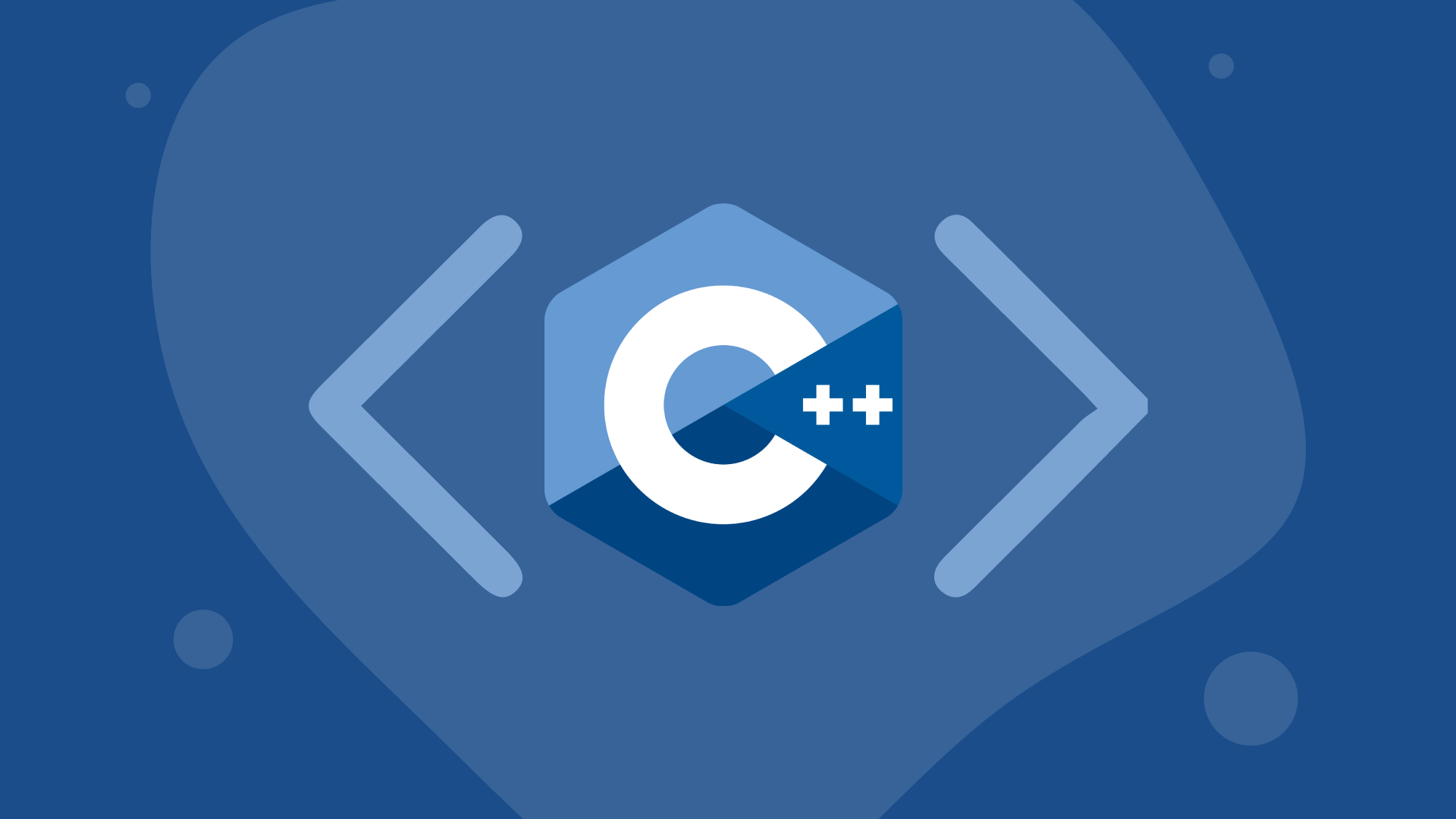
template<typename T> class tuple
{
};
int main()
{
tuple<int> t1; // 인자를 여러개 보내고 싶다면?
}
// 가변인자 클래스 템플릿(C++11)
template<typename ... Types> class tuple
{
};
// 가변인자 함수 템플릿(C++11)
template<typename ... Types>
void foo(Types ... arg)
{
}
// 값을 꺼내보자
#include <iostream>
using namespace std;
void goo(int n, double d, const char* s)
{
}
template<typename ... Types>
void foo(Types ... args)
{
// args : Parameter Pack
cout << sizeof...(args) << endl; // 3
cout << sizeof...(Types) << endl; // 3
goo(args); // 파라미터 팩 자체를 인자로쓰진 못함
goo(args...); // pack expansion이라하며 이런식의 사용은 가능
}
int main()
{
foo(1, 3.4, "AAA");
}
pack expansion?
#include <iostream>
using namespace std;
void goo(int a, int b, int c)
{
}
int hoo(int a) { return -a; }
template<typename ... Types>
void foo(Types ... args)
{
int x[] = { args... };
int y[] = { (++args)... }; // 2, 3, 4
int z[] = { hoo(args)... }; // hoo(1), hoo(2), hoo(3) | -1, -2, -3
goo(args...); // okay : goo(1,2,3)
goo(hoo(args...)); // okay : goo(-1,-2,-3)
goo(hoo(args)...); // okay : goo(hoo(1), hoo(2), hoo(3))
for(auto n : x)
cout << n << endl; // 1, 2, 3
}
int main()
{
foo(1, 2, 3); // Types : int, int, int | args : 1, 2, 3
}
int print(int a)
{
cout << a << ", ";
return 0;
}
int print_v(int a)
{
cout << a << ", ";
}
template<typename ... Types> void foo(Types ... args)
{
print(args); // error
print(args...); // print(1,2,3) | error
print(args)...; // print(1), print(2), print(3) | error -->> ????
// pack expansion은 함수 호출의 인자 또는 list초기화에만 사용이 가능.
int x[] = { 0, print(args)... }; // okay
// 앞에 0,을 넣은 이유는?
// args에 아무것도 들어오지 않는 수가 발생 // foo()를 호출
// 그럼 x[]를 초기화 할때 에러가 발생하는데 그 에러를 방지하기 위해서 이다
int y[] = { 0, (print_v(args), 0)... };
// void를 리턴하게 되면 또 에러가 발생 초기화 중 void를 int로 변경할수 없기에
// (print_v(1), 0) --> 이 함수의 의미는 print_v(1)을 연산하고 결과가 없으면 ,0을 리턴으로 쓰겠다는 의미
initializer_list<int> e = { (print(args), 0)...}; // 이런식의 선언도 가능하다.
}
int main()
{
foo(1,2,3); // args : 1, 2, 3
}
#include <iostream>
#include <tuple>
using namespace std;
template<typename ... Types> void foo(Types ... args)
{
int x[] = { args... };
pair<Types...> p1; // pair<int, double> p1
// 이런 표현도 가능하다
}
int main()
{
foo(1, 3.4);
}
#include <iostream>
#include <tuple>
using namespace std;
template<typename ... Types> void foo(Types ... args)
{
int x[] = { args... };
pair<Types...> p1; // tuple<int, double>
tuple<Types...> t1;
tuple<pair<Types...>> t2; // tuple<pair<int, double>> // ok
tuple<pair<Types>...> t3; // tuple<pair<int>, pair<double>> // error
tuple<pair<int, Types>...> t4; // tuple<pair<int, int>, pair<int, double>> // ok
pair<tuple<Types...>> p2; // pair<tuple<int, double>> p2; // error
pair<tuple<Types>...> p3; // pair<tuple<int>, tuple<double>> // ok
}
int main()
{
foo(1, 3.4);
}